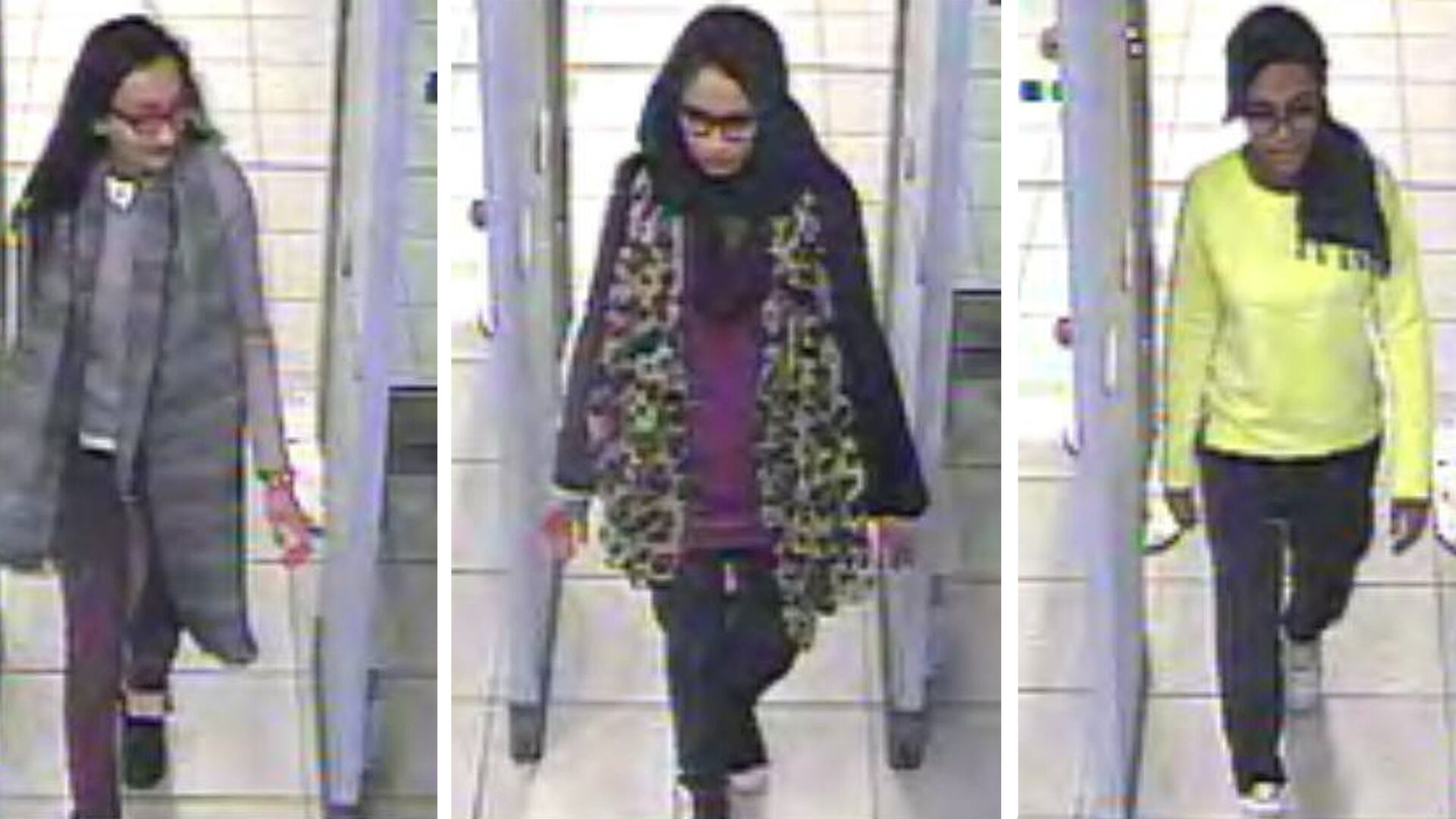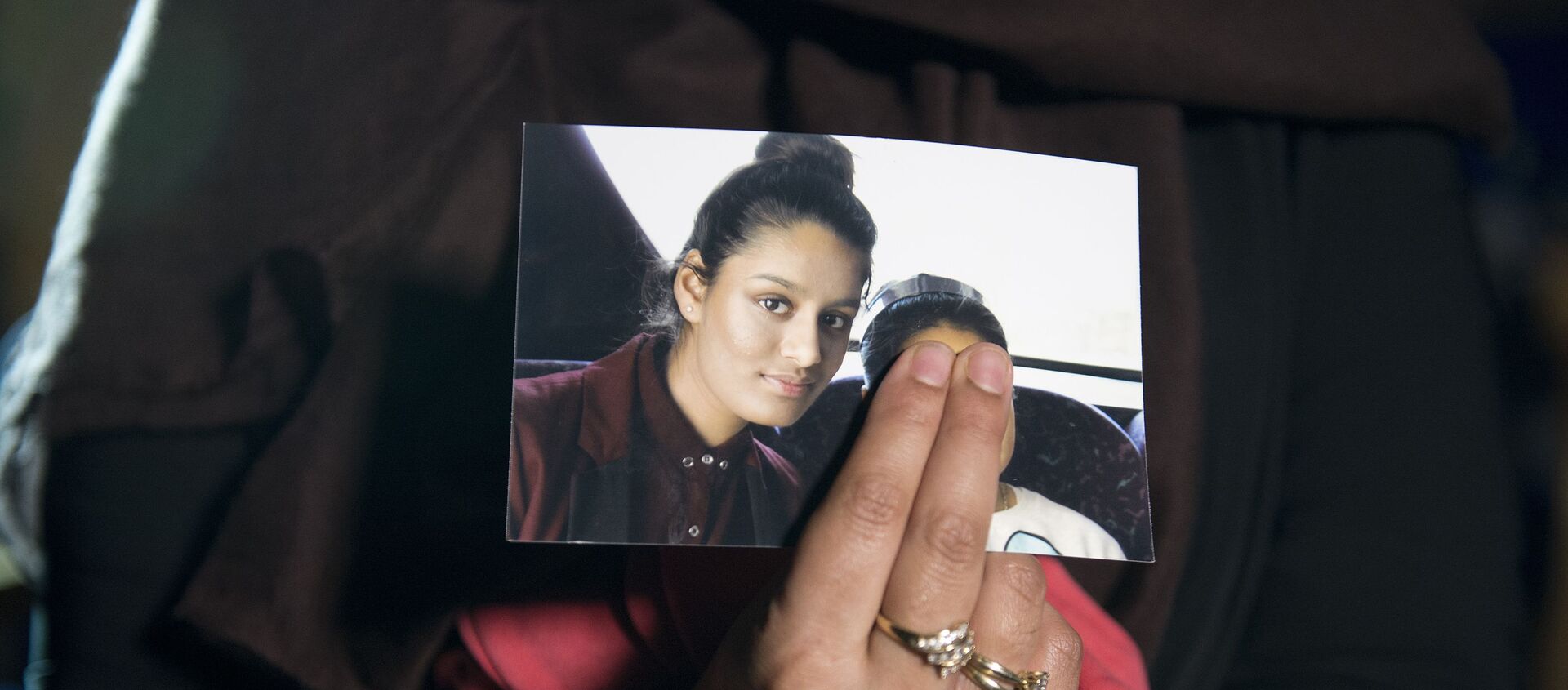The UK Supreme Court (UKSC) has ruled that the schoolgirl who joined Daesh* in Syria should not be allowed to return to Britain.
The unanimous ruling reversed findings by the Court of Appeal that Shamima Begum was denied the right of an effective appeal against the Home Secretary's decision to strip her of her citizenship, by refusing her entry into the country to challenge that decision.
Right to a fair hearing 'does not trump all other considerations'
"[T]he Court of Appeal misunderstood the scope of an appeal against a decision of the Secretary of State to refuse a person leave to enter the UK," the UKSC said, adding that: "Ms Begum’s appeal against the [decision to refuse her entry to the UK] could only be brought on the grounds that the decision was unlawful under section 6 of the Human Rights Act 1998. As Ms Begum did not advance that argument before the Court of Appeal, [her appeal] should have been dismissed."
Significantly, the UK's highest court also found that the Court of Appeal, "mistakenly believed that, when an individual’s right to have a fair hearing of an appeal came into conflict with the requirements of national security, her right to a fair hearing must prevail." Instead, the justices found that, "the right to a fair hearing does not trump all other considerations, such as the safety of the public. If a vital public interest makes it impossible for a case to be fairly heard, then the courts cannot ordinarily hear it.
"The appropriate response to the problem in the present case is for the deprivation appeal to be stayed until Ms Begum is in a position to play an effective part in it without the safety of the public being compromised. That is not a perfect solution, as it is not known how long it may be before that is possible. But there is no perfect solution to a dilemma of the present kind," the UKSC determined.
The decision by the court might well have a bearing on the cases of at least 40 other people, at present stuck outside the UK because their citizenship has been revoked or is at risk of being revoked. The Supreme Court was asked to determine whether Begum had been deprived of the right to an effective remedy when she was unable to return to the UK to challenge the Home Secretary's decision to strip her of her citizenship. The court did not make a final judgment regarding whether the depravation of citizenship had been lawful.
UKSC sides with court of first instance
Begum was 15 when she, along with two school friends, Amira Abas (15) and Kadiza Sultana (16) travelled to Daesh-controlled territory in Syria. Begum was stripped of her citizenship by Sajid Javid, who was Home Secretary at the time, despite the fact that she was never charged or tried for a crime. Lawyers challenged the Home Secretary's decision on Begum's behalf but lost at the court of first instance, when her case was considered by the Special Immigration and Appeals Commission (SIAC). Begum was reportedly hoping to return to the UK with her newborn baby, before her citizenship was revoked in 2018, though her child has since died in the Roj refugee camp in Syria's Al-Hasakeh Governorate, where she lives at present.
*Daesh, also known as ISIS/IS/Islamic State, is banned in Russia and many other countries as a terrorist organisation.



